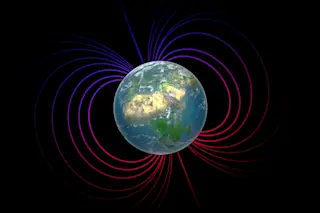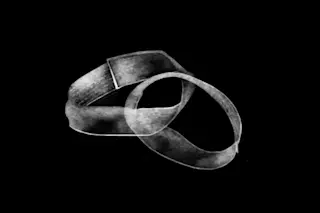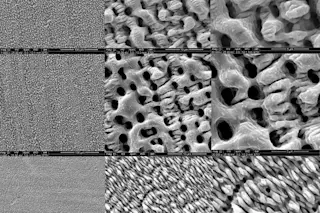Adam Frank is a professor of astrophysics at the University of Rochester who studies star formation and stellar death using supercomputers. His new book, “The Constant Fire, Beyond the Science vs. Religion Debate,” has just been published. He will be joining Reality Base to post an ongoing discussion of science and religion—you can read his previous posts here, and find more of his thoughts on science and the human prospect at the Constant Fire blog.
“Today…new knowledge has led to the recognition of the theory of evolution as more than a hypothesis. It is indeed remarkable that this theory has been progressively accepted by researchers, following a series of discoveries in various fields of knowledge. The convergence, neither sought nor fabricated, of the results of work that was conducted independently is in itself a significant argument in favor of the theory”. —Pope John Paul II I can’t write a series ...














